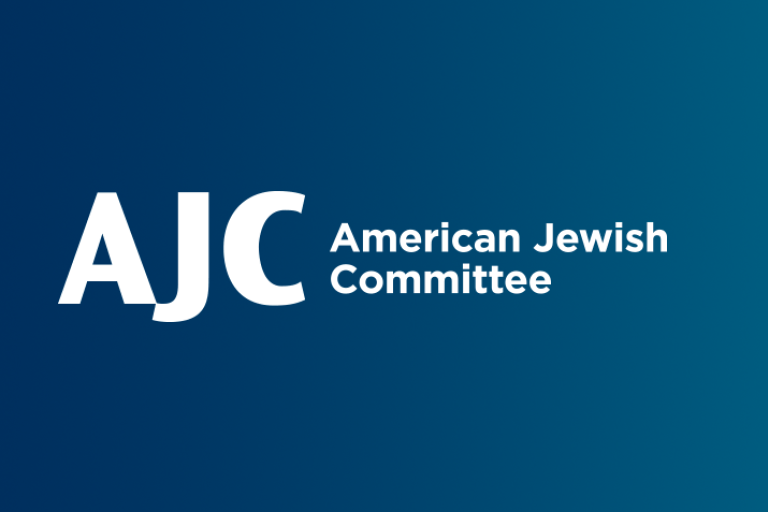June 29, 2023 — New York
The U.S. Supreme Court today bolstered religious protections in the workplace, in unanimously siding with a former postal worker who had asked not to work on Sundays to observe the Sabbath.
In Groff v. DeJoy, the court said employers must demonstrate an “undue hardship” under Title VII of the Civil Rights Act—which prohibits religious discrimination in the workplace--to deny a request tied to religious observance. Previous decisions had allowed for employers to deny requests even if it would cause a de minimis hardship or minor inconvenience.
AJC Chief Legal Officer Marc Stern issued this statement in response to the decision:
Not every belief or practice can be accommodated, but experience has shown that with some effort and goodwill, most can. The court’s insistence that hardship on employers means substantial hardship and not de minimis hardship, puts real teeth into the law.
The religious accommodation provisions of Title VII play a crucial and indispensable role in ensuring that Americans of minority religions can fully participate in the workplace. It also ensures you do not have to abandon your most deeply held beliefs as a condition for having a job.
There are those who insist that every aspect of public life must be governed only by secular rules and that people should leave their religious beliefs and practices at home. That is not the American tradition, and it is not the position embodied in Title VII.


